Police resources were diverted from normal duties to help federal public health authorities enforce the Quarantine Act and ArriveCan compliance at airports, The Epoch Times has learned.
“Between the end of 2020 to the end of March 2022, $1.5 million was paid for police services at 10 Ports of Entry, including airports and designated quarantine facilities,” Public Health Agency of Canada (PHAC) spokesperson Mark Johnson said in a statement.
Johnson told The Epoch Times that police services were retained either through contracts with the airport authorities or through agreements with local police services.
Peel Regional Police, which has jurisdiction at Toronto Pearson International Airport, confirmed to The Epoch Times in September that PHAC had hired additional officers from its ranks through paid duties.
“Police have authority to, at the request of a screening officer or quarantine officer, arrest without a warrant any traveler who refuses to comply with measures under the Quarantine Act,” said spokesperson Jennifer Dagg.
Video evidence and testimony indicate Peel Police officers have threatened to detain returning Canadian travellers for refusing to fill the previously mandatory ArriveCan form, which can be completed through a smartphone app or on the web.
“If I’m not going [to see PHAC quarantine officers], if I want to just go home...” says Dania to the officer.
“You can’t, we’ll have to detain you,” says the officer.
Dania told the Epoch Times in an interview that she had been made aware through social media prior to returning to Canada that the Canada Border Services Agency (CBSA) was not responsible for enforcing the Quarantine Act and allows Canadians into the country who are non-compliant while referring them to PHAC quarantine officers.
Dania says she spent about 30 to 40 minutes arguing with police and PHAC agents in an attempt to get out of filling out ArriveCan, but she eventually caved to avoid being detained or given a hefty fine.
“I don’t think it’s right, I think it’s a lot more than just filling an app,” Dania said about her reasons for trying to avoid using ArriveCan. “I look at it in the bigger context of what happened in the past two years.”
ArriveCan Woes
The federal government removed the mandatory use of ArriveCan to enter Canada on Oct. 1, along with other border measures targeting unvaccinated travellers.The now-voluntary system is used to capture vaccination status, travel plans, and previously the quarantine plan for unvaccinated Canadians.
ArriveCan has been under fire for a number of reasons in recent months, with the latest controversy surrounding its hefty cost.
The House of Commons government operations committee voted unanimously on Oct. 20 to examine all contracts related to the ArriveCan app.
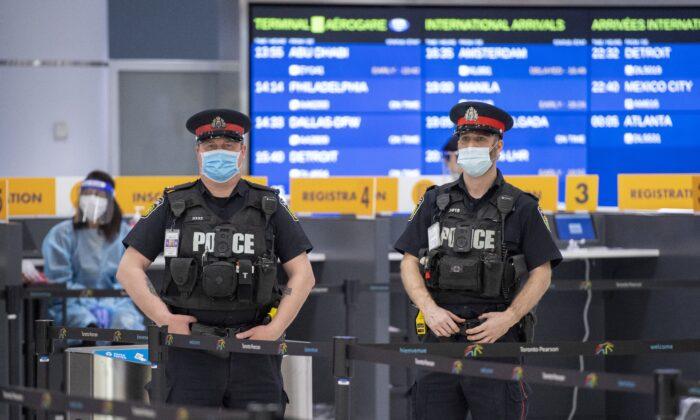

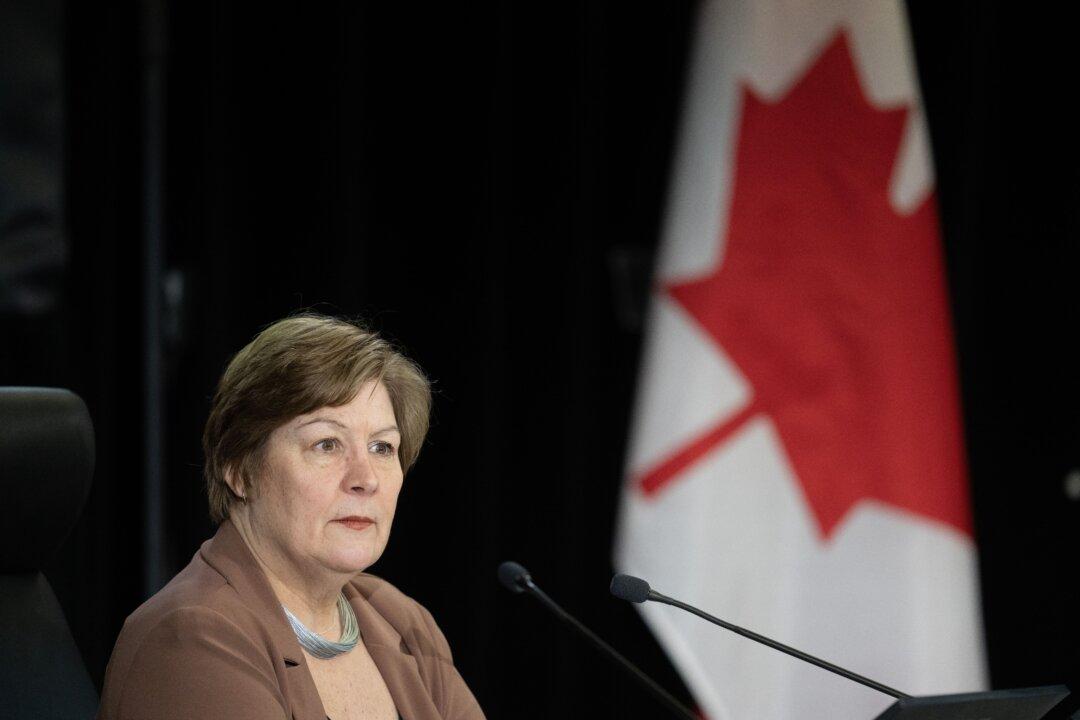
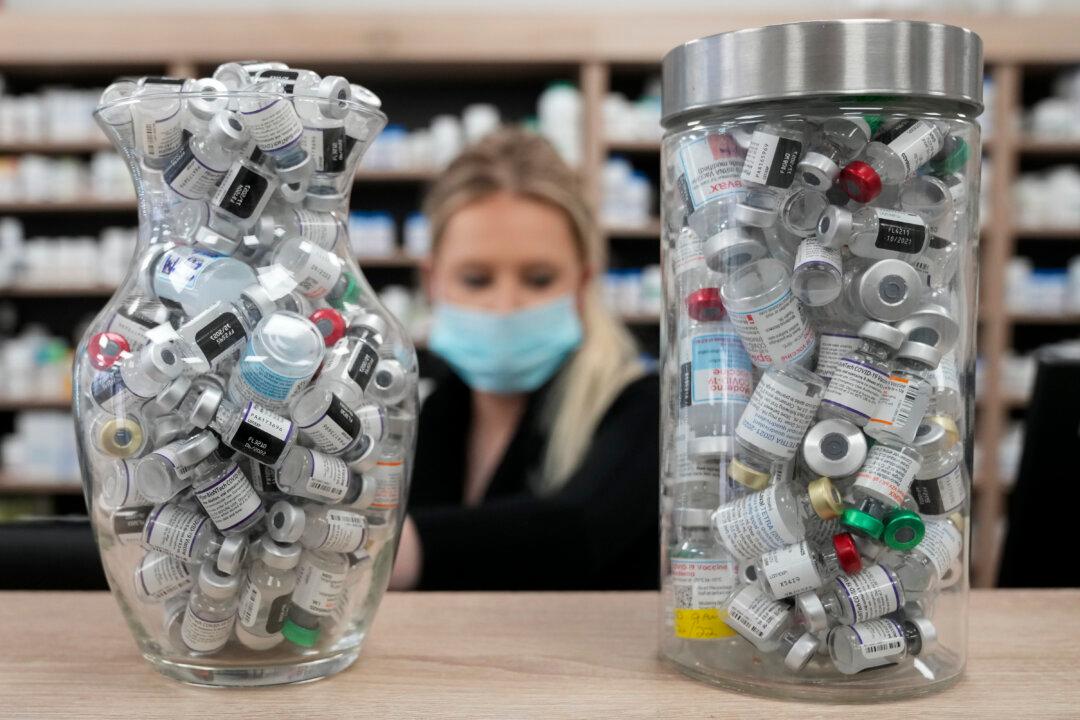
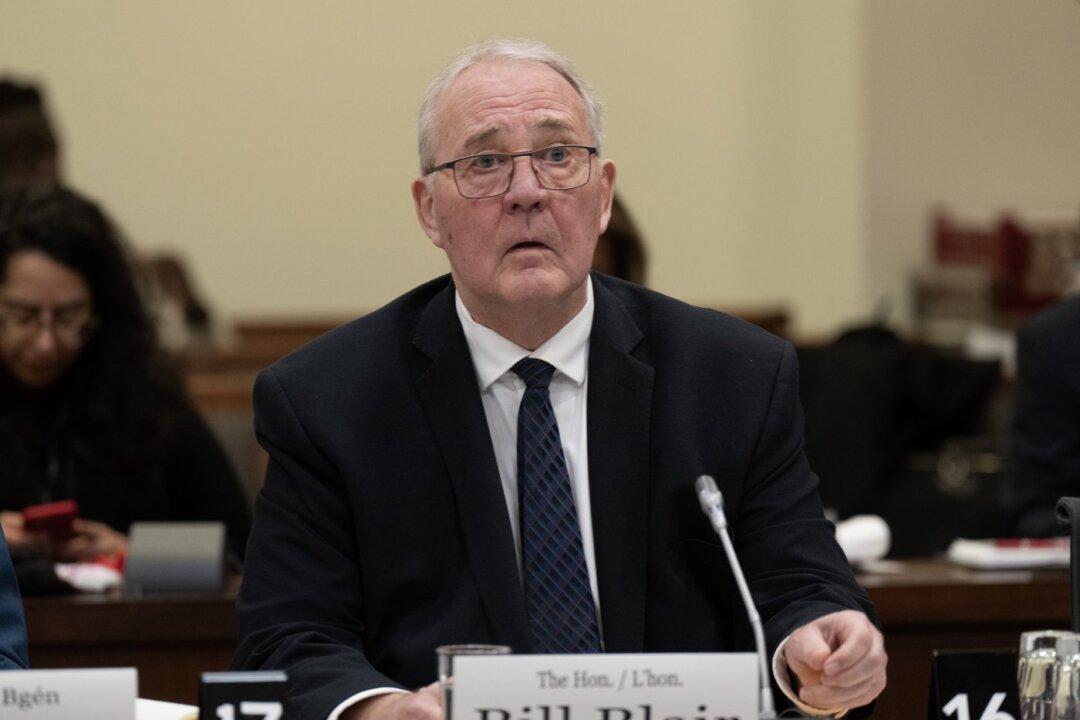
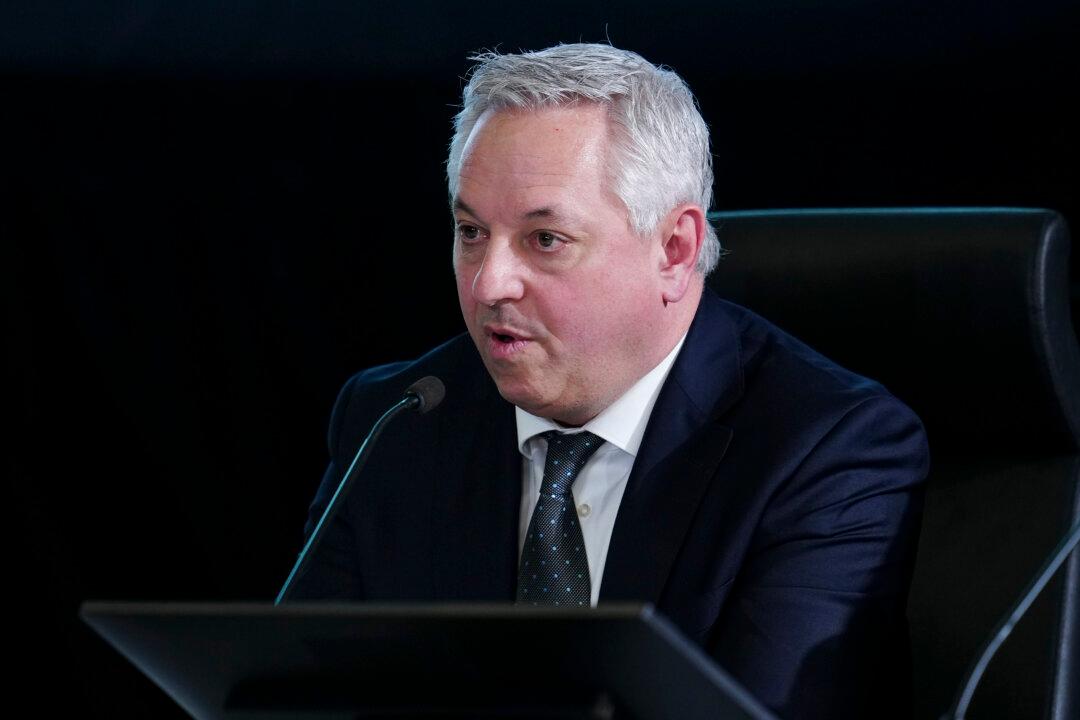
Friends Read Free